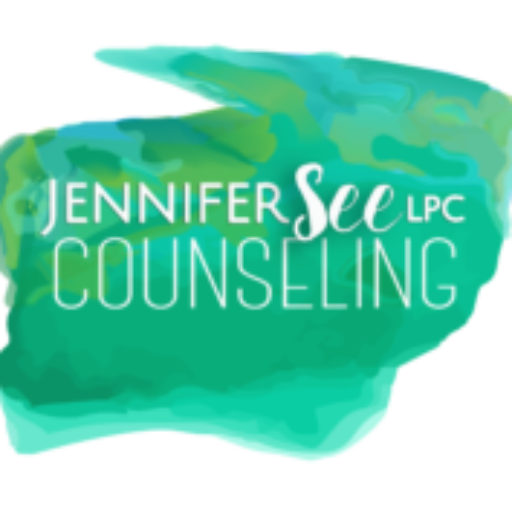It’s usually the first question I am asked when a potential client calls or emails me. Do you take United/Aetna/Humana/BCBS/Tricare?
No, no, no, no and no. And here’s why:
Before opening my doors of my practice back in July of 2016, I struggled with this choice. Being a cash-pay only clinician is not for everyone. The advantage of paneling with insurance companies is that there is a built-in referral network and a relatively full clinic in a short amount of time.
But here’s the deal with insurance: if you come to me even once or twice needing to sort out a work problem or a relationship problem or just trying to figure out a general struggle or issue, I have to slap a mental health diagnosis, or ICD-10 code on you so I get paid. And that stays on your permanent medical record. And I’m just not okay with that.
Oftentimes, insurance companies limit the number of sessions for a client (depending on diagnosis). So eventually, if you wanted to continue with me for a longer term (and I have many long-term clients), you’d max out your benefit and have to pay cash anyway. I’ve heard a few horror stories from some of my clinician friends who were audited by the insurance companies (and one who had to refund payment!) and see messages on many of the social media business groups I am in griping about delayed payment or submitted billing that was kicked back or questioned.
No thanks.
When I opened my clinic, I didn’t have one paying client (Read more about that craziness here). I knew I’d have to hustle and grind and market myself hard to fill my clinic with cash-pay clients. The funny thing is that my clinic filled relatively quickly, with many clients that called originally asking what insurance I took and hearing my answer of “none.” In 2017, my sales increased by 526% over my opening year. So far as of this writing in 2018, my sales are up 74%.
It’s risky being cash-pay. I meet with many other clinicians and physicians that are in the insurance game, and there is a love/hate relationship. They battle the insurance companies and spend lots of time and money billing – but their clinics are full. And oftentimes, their clinics have waiting lists.
The advantages of seeing a cash-pay only clinician? There are many. I’m not bound by the limitations set by insurance companies, and especially ones I don’t agree with for the treatment path of my clients. I also spend my time reading and educating myself on the latest news, trends and counseling techniques instead of billing and battling. Another advantage is that if my client’s insurance changes and I’m not on that panel, it doesn’t affect them in the least. They can continue their care with me instead of making a switch.
I have recently been afforded some opportunities that continue to help me circumvent taking insurance. These include two EAP contracts – one with a Fortune 500 company, and one with – ahem, an insurance company – as well as a contract with a state agency for substance use and abuse assessments and various writing assignments. How do I get paid for all of those?
In cash.
As the insurance companies get bigger and their mental health benefits shrink or change, it has zero bearing on how I run my business or serve my clients. And in the end, that’s all I care about.



Recent Comments